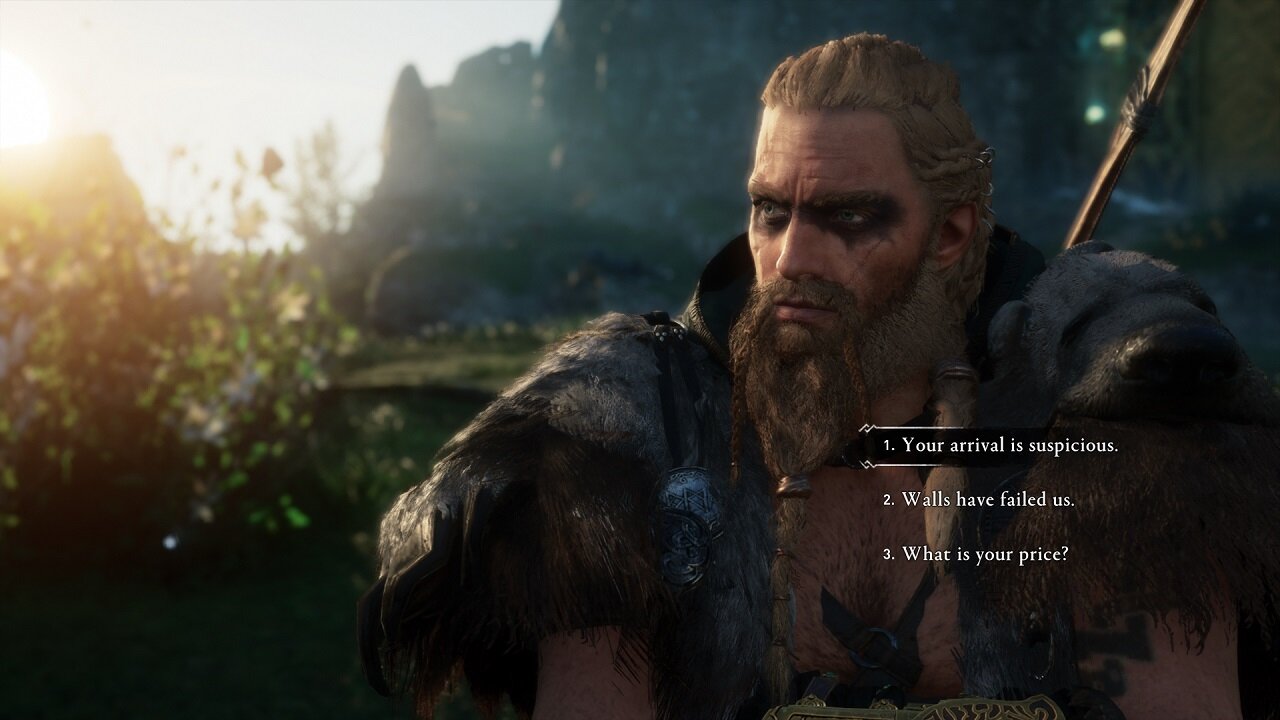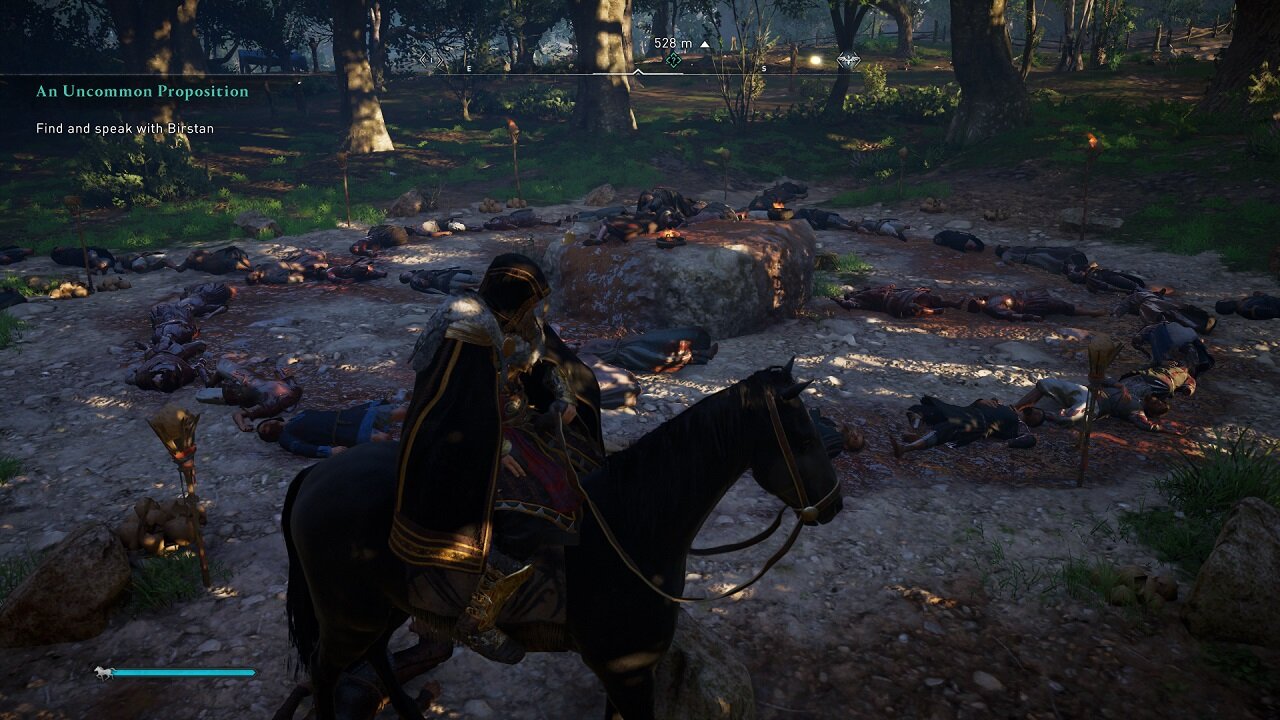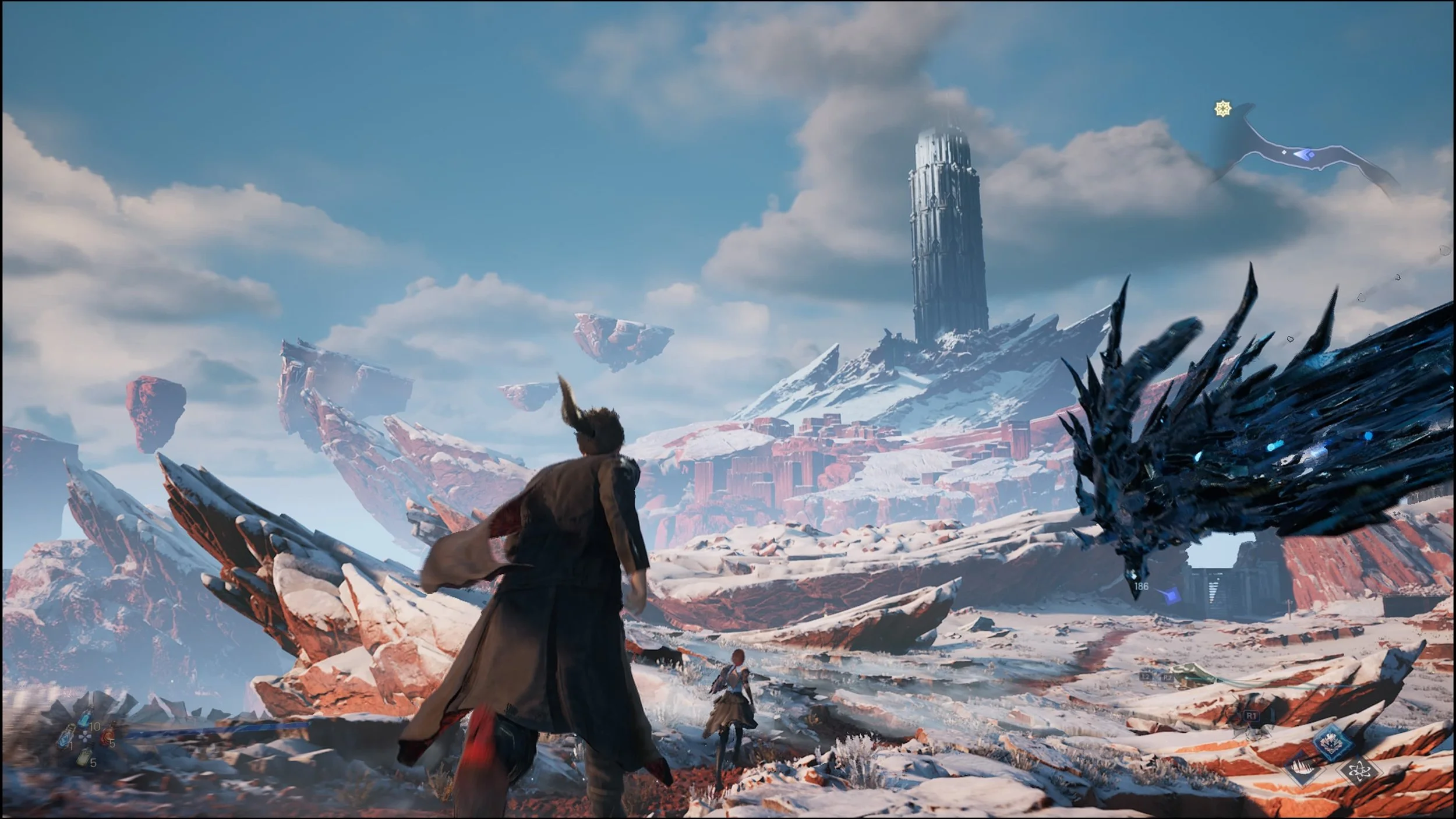Assassin’s Creed Valhalla Final Review - A Bountiful Saga
/I really took my time with Assassin’s Creed: Valhalla. This game is a slow-burn that pays off the longer you play it. I’ve played over 80 hours of Assassin’s Creed: Valhalla, and while there’s no question as to the sheer amount of content available in the franchise’s latest epic, as I drew near its final hour, I was surprised to find that I ultimately enjoyed the story of Eivor and the Raven Clan’s search for glory and conquest.
Everything mentioned in my review-in-progress post - from the stunning visuals, changes to the formula, simplified itemization, and combat being at a franchise best - remains true. Valhalla’s Mysteries also deserve the title of the best bite-sized stories in any Ubisoft game.
What did evolve throughout my second half with this beast of a game are my thoughts on the many stories that make up this campaign, and how character progression at the tail-end of the narrative left me experimenting with build possibilities.
Orlog, drinking, Flyting battles, there’s mini-games within Valhalla that adds to the distraction.
A Viking tale for a generation
Yes, the starting quests and character introductions slow the game’s pace at first. But as you hit the midway point, the added context and the growth of certain characters coalesce into a weightier world-building experience where I felt more involved with regards to the consequences of my bigger decisions. It’s also great to see how previous decisions affect certain characters. When the story was firing on all cylinders, I was given to feeling hesitation, regret, and sometimes surprise, as the game will at times leave you with just the right (or wrong) amount of information to make you feel as if you have no idea what would be the right choice.
It can be hit or miss, as Valhalla does have its fair share of rough spots - some story arcs continue to fall flat, not only in concept, but in execution. I loved some quests, but there were some that I wished I could skip entirely. Since each region has its own main storyline, each one felt like an episode of a slow-moving TV serial where the main plotline is stretched out over a series of many less relevant incidents.
There’s always some sort of decision only Eivor can resolve, even though he’s new to this land.
Overall, Valhalla was a fantastic ride that I'm thankful to have stuck with from start to finish, as the shocking conclusion got me eager to know what happens next, and that’s something I didn’t think I would say about Assassin’s Creed. Hardcore fans will be delighted by what unfolds at the end.
Then there’s Eivor, the centerpiece of it all. Whether you pick the female or male version of the protagonist, she/he has a likeable personality that expresses the right amount of tolerance, enabling them to interact with all types of crazy characters. She/he can be playful, decisive, abrasive, selfish, or loyal, depending on the choices you make. Eivor is definitely up there as one of the best main characters in the Assassin’s Creed franchise, which is big praise as recent protagonists haven’t even come close to the series’ all-stars.
WHAT IS GOING ON!?
Unstable, just like the rest
As I came to the close of Eivor’s saga, the game proved to be less stable than it was at the start. Bugs were more present in the latter half of the game - I’d phase through environmental assets, assets going crazy, controls glitched up, and even moving objects stopped working. I also experienced crashes occurring at key moments in the story, which is a shame. Frame drops also occur, taking the game down under 30FPS for some unknown reason. A quick reboot of the game and loading my latest save would bring my FPS back to 60 and above.
A beautiful scenery in Valhalla isn’t the only thing that can stop you in awe.
A progression system that’s flawed, but on the right track
When I reached the end of the main quest, I was at power level 300. At this point, I’d gotten almost all of the must-have abilities from the skill tree composed of passive skills and stat increases. I experimented to uncover interesting builds that could make Eivor a master of certain abilities, such as a crazy fire build, insane high-crit + light-bow archer, and a speedy spear user, among others.
Gear perks remain mostly basic, but with the right amount of runes and the proper skill nodes unlocked, you can have fun creating an Eivor that will put a smile on your face as you lay waste to waves of enemies.
I also tested my limits with regards to power levels and one would definitely be able to handle content suited for, say, power level 260 while your wee Eivor’s still at level 90. This is something I appreciated from start to finish, as I never felt gated or required to grind in order to make progress.
All that land mass filled was easy to navigate thanks to a mix of proper fast travel points and a sturdy steed.
Considering the amount of content crammed into Valhalla’s many story arcs, this game’s existence is quite a feat. The Mysteries are also a real treat, and are clearly where Ubisoft aimed to just have fun with their game. Some features felt like afterthoughts added for the sake of having more to do, such as fishing, and the ability to hire other players’ customized lieutenants to join your raiding crew. Towards the end, building your settlement becomes dull, especially when you’ve unlocked all the key buildings, lessening any sense of purpose towards going on raids at higher levels.
All of these elements make Assassin’s Creed Valhalla, whether you love it or hate it, make a complete open-world RPG package. Like any large vessel with multiple shipwrights, some decisions and elements weigh the game down, but I would go as far as considering this one of the best Assassin’s Creed titles to come around in a long time.
9/10
Highlights
(+) Has one of the best protagonist in an Assassin’s Creed game
(+) Finally, a thoroughly satisfying Assassin’s Creed combat system
(+) Valhalla knows how to make entertaining sidequests (Mysteries)
(-) Bugs, FPS drops, and crashes were more common than I would like
(+/-) Tons of story arcs that may or may not cater to all kinds of players
What I’ve Played
Finished the campaign with a total progress of 85%
Reach a power level of over 300
Spent 84 hours running around as Eivor
Reached Settlement level 5
[This review is based on a PC review code provided by Ubisoft.]



















SEGA and Ryu Ga Gotoku Studios put a ton of love and care into Yakuza Kiwami 2, and it runs flawlessly on Switch 2. If you’re like me and itching for a reason to take a plunge into the Yakuza universe, there’s no better time than the present.